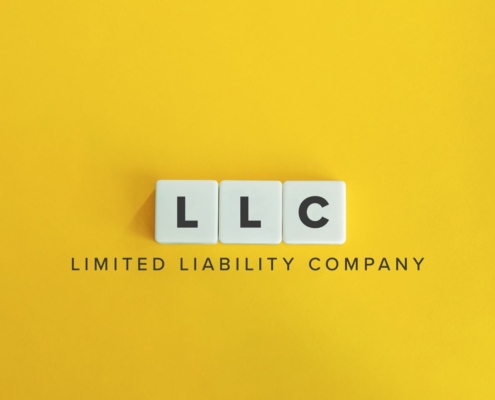
Piercing the Corporate Veil in California: Legal Boundaries Explained
Piercing the corporate veil in California allows courts to hold business owners personally liable for company debts and obligations. This article outlines the criteria, legal tests, and potential outcomes associated with disregarding limited liability protection.

Sarbanes-Oxley Act: Strengthening Corporate Accountability and Investor Protection
The Sarbanes-Oxley Act aims to improve financial transparency and accountability in public companies. It enhances investor protection by enforcing stricter corporate governance standards.

How to hold a shareholders meeting: Shareholders Meeting Procedure
This article discusses how to prepare for a shareholders meeting, how to conduct a shareholders meeting, and agenda for the shareholders meeting.

How to transfer LLC ownership?
Two common ways to transfer LLC ownership are to conduct a partial sale to a third party or sell your entire LLC to a third party.

Why Do Companies Incorporate in Delaware?
The State of Delaware offers companies lenient tax benefits and liability protection. Also, companies that incorporate in Delaware do not have to do business in the state.

Inc vs. LLC
Incs. is short for incorporated, and LLC is short for Limited Liability Company. For Inc., where the owner elected to be an S corporation, the profit and loss are passed to its shareholders, whereas income and loss in an LLC flow through to the members.

5 Easy Steps: How to Dissolve a Corporation in California
When a business owner wishes to close, or dissolve, their business, he or she must file a certificate of dissolution with the Secretary of State. This certificate of dissolution lets the Secretary of State know that the business owner is terminating his or her California corporation, effectively closing it for good. Dissolution is a process that involves a number of steps.

15 Steps: Starting an Inc in California
For the business owner, there are many benefits to creating a corporation in California. Assuming it is properly run, a corporation has the ability to shield its shareholders from debts and liabilities on the business side of matters.

11 Steps on How to Start a Corporation
A corporation is a separate legal entity which can protect its owners from business liabilities and risks. There are many benefits to starting a corporation. A business owner can save money on taxes, protect his or her own assets, attract the interest of investors, or simply enhance one’s credibility among consumers and vendors.

5 Benefits: What Does it Mean to Incorporate a Business
For background, in order to incorporate a business, a founder must file paperwork with the state in which their business is located. There can either be a single shareholder or multiple involved in the incorporation process. Importantly, an incorporated business is legally a separate entity from its shareholders.
